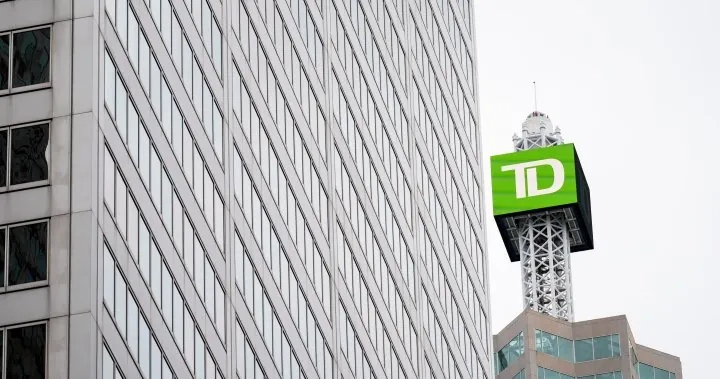
Chinese Stocks Plunge: The Worst Drop in 27 Years! What’s Behind This Economic Turmoil?
2024-10-09
Author: Liam
Introduction
Chinese stocks have taken a dramatic nosedive, marking the worst fall in 27 years as investor confidence wanes in response to disappointing economic stimuli from Beijing.
Failure to Deliver New Policies
Investors had been anticipating robust measures to boost the world’s second-largest economy but were left empty-handed when the National Development and Reform Commission (NDRC) failed to deliver concrete plans during a press conference on Tuesday.
Investor Disillusionment
Instead of unveiling new policies, NDRC officials reiterated details of September’s previously announced stimulus and offered generalized commentary on the economic landscape. This lack of decisive action led to investor disillusionment, plunging markets into chaos just after a brief post-holiday stock market rally.
Market Reactions
The aftermath speaks volumes: on Wednesday, the Shenzhen Composite Index plummeted by a staggering 8.2%, marking its most significant decline since May 1997. Not far behind, the Shanghai Stock Exchange saw a 6.6% drop, and the benchmark CSI 300 index fell by 7.1%. Meanwhile, Hong Kong’s Hang Seng Index sank by 1.4%. While these declines seem drastic, it’s worth noting that the markets are still performing better than a month ago, reflecting a complex recovery pattern as the CSI 300 index remains 7% higher than it was a year ago.
Government Response
In a bid to address the plummeting stocks, the State Council Information Office announced a press conference scheduled for Saturday, featuring Finance Minister Lan Fo'an. The discussion will center around 'intensifying countercyclical adjustment of fiscal policy to promote high-quality economic development.' This move illustrates the government’s acknowledgment of the urgency to stabilize the economy.
Looking Ahead
As we look ahead, analysts are keeping a keen eye on the National People’s Congress, which will convene its standing committee meeting in late October. This session will be crucial for determining the fate of potential fiscal stimulus measures, including the issuance of government bonds, which require legislative approval.
Analysts' Insights
Market analyst Richard Hunter characterized the recent downturn as a result of 'investor disappointment,' emphasizing that the earlier holiday stimulus had lit a spark in a lackluster market, only to be extinguished by the absence of follow-through measures. Likewise, Alvin Tan from RBC Capital Markets highlighted expectations among investors for a substantial stimulus package worth between 2 trillion to 3 trillion yuan (approximately £200 billion to £300 billion). He warned that positive investor sentiment could dissipate quickly without a sufficient announcement.
Economic Challenges
China’s economy is grappling with the aftereffects of the coronavirus pandemic, coupled with notable structural and geopolitical challenges, particularly within its struggling property market. Alarmingly, official statistics reveal that urban youth unemployment hit 18.8% in August, while the overall urban unemployment rate stood at 5.3%. These figures underline the broader economic malaise, raising concerns that China may fall short of its relatively modest annual growth target of 5%, which is a significant deviation from the nation's historical performance.
Conclusion
With mounting uncertainty and unrest on the horizon, can China’s leaders stabilize the economy and reassure investors? The stakes have never been higher, and all eyes are now on the upcoming announcements that could redefine the market's direction. Stay tuned—it’s about to get interesting!









 Brasil (PT)
Brasil (PT)
 Canada (EN)
Canada (EN)
 Chile (ES)
Chile (ES)
 España (ES)
España (ES)
 France (FR)
France (FR)
 Hong Kong (EN)
Hong Kong (EN)
 Italia (IT)
Italia (IT)
 日本 (JA)
日本 (JA)
 Magyarország (HU)
Magyarország (HU)
 Norge (NO)
Norge (NO)
 Polska (PL)
Polska (PL)
 Schweiz (DE)
Schweiz (DE)
 Singapore (EN)
Singapore (EN)
 Sverige (SV)
Sverige (SV)
 Suomi (FI)
Suomi (FI)
 Türkiye (TR)
Türkiye (TR)